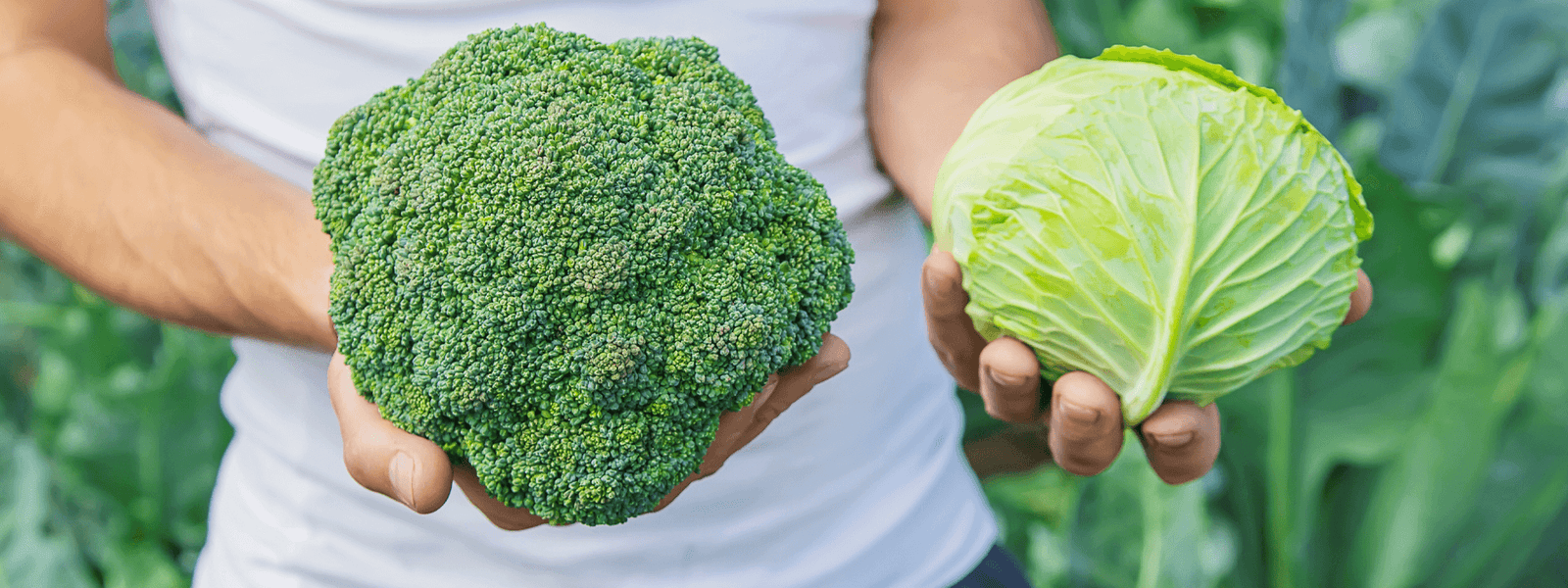Genetically modified human cow's milk - What on earth is that? Ask Chinese entrepreneurial geneticists.
Led by Professor Ning Li at the China Agricultural University, these scientists have genetically modified 300 dairy cows so they can produce "human" breast milk.
In an interview with The Telegraph, the professor claims that the GM milk would be as safe to drink as the regular stuff, though it has a slightly different taste. “The milk tastes stronger than normal milk”, and has “much higher nutritional content” because they have “boosted milk fat content by around 20% and have changed the levels of milk solids, making it closer to the composition of human milk.”
The scientists hope to offer the GM milk as an alternative to human breast milk, and to baby formulas.
What exactly did they do to get this GM milk?
The researchers used cloning technology to introduce human genes into the DNA of Holstein dairy cows. Then the genetically modified embryos were implanted into different surrogate cows to produce milk containing three human breast milk proteins:
- Lysozyme (HLZ), an antimicrobial protein which helps to protect infants from bacterial infections during their early days of life.
- Lactoferrin, which helps to boost the numbers of immune cells in babies.
- Alpha-lactalbumin helps to synthesize the milk sugar lactose. Alpha-lactalbumin is added to some infant formula mixtures to make them more nutritious.
The result, according to the scientists, is a herd of around 300 “transgenic cattle whose milk offers the similar nutritional benefits as human milk. It fulfilled the conception of humanising the bovine milk."
Humanised bovine milk? Yum!
Transgenic cattle? So will they now be genetically engineering women to produce cow's milk?
Is this for Real?
According to Heidi Stevenson, the attempt (unsuccessful in her view) to 'clone' human milk may be real.
But as she says: "That's nothing but a trick of redirection away from the genuine ethical issue of patenting human genetics. "
"While everyone's attention is focused on the idea of producing human-like milk from cows - a feat they aren't even close to accomplishing - the scientists will be working away at producing patentable products based on human genes by the convenient sleight-of-hand of slipping them into cows."
Ms Stevenson claims that: "The researchers are focused primarily on using HLZ as a chemical. Cows are being genetically modified so that they will produce a chemical that they hope to use as a drug, diagnostic product, and additive to foods and cosmetics. If they can also convince the public that it's a health food, then the profits will be even greater."
For sure, from what one can see, everything about the project is focused on publicity and ultimately, profit. Not on providing hard scientific proof for all the claims.
It’s hardly a coincidence that the scientists are working in conjunction with Beijing GenProtein Biotechnology Company. This association is so close that four of them are employees.
What about the Cows?
Unsurprisingly, the scientists make no mention about the condition of the poor cows. Think about it: How can there not be complications? A cow's physiology is simply too different from a human’s.
While the scientists are claiming that their cloning and GM technologies are harmless, the fact is that their experiments have been extremely harmful to the animals. During two of them, 42 calves with human genes were born. However, 10 died shortly after birth and 6 died within six months. Most of the deaths were from gastrointestinal disease.
Only 26 survived. In what condition I wonder?
As The Director of GeneWatch UK stated: “We have major concerns about this research to genetically modify cows with human genes. There are major welfare issues with genetically modified animals as you get high numbers of still births.
There is a question about whether milk from these cows is going to be safe for humans and it is really hard to tell that unless you do large clinical trials like you would do to a drug, so there will be uncertainty about whether it could be harmful to some people.
Ethically there are issues about mass producing animals in this way.
Indeed.
Comments
What about all the other issues raised like:
- Do you remember mad cow disease & how it jumped from sheep to cows? It jumped because we did the unnatural thing of taking dead (sick) sheep & grinding them up into the diet of a vegetarian animal. Imagine what could happen if we start to splice human genes into these animals & diseases that previously weren't a threat to humans suddenly are able to mutate & become so.
- What about the ethics of developing this untested GM food as an infant food source - the most vulnerable in our society?
- Why do we feel the need to modify something from nature that is perfect for calves and was never intended for consumption by humans?
- By producing such stuff we are encouraging mothers to abandon a fundamental relationship bonding experience provided by breast feeding. Just think.... After drinking that GM cow-human milk, instead of "Ma-a-a!" your baby's first word will likely be "Moooo-oo!"
Or: How about we just support mums so that they can breastfeed normally, healthily and happily. But oh... nobody will make any money out of doing that will they?
What do you think?
Udderly ridiculous (!), a small step forward for mankind, or a front to distract from the real issue: producing patented products from human genetic material. Or?


 Supplements
Supplements Bundles
Bundles

















